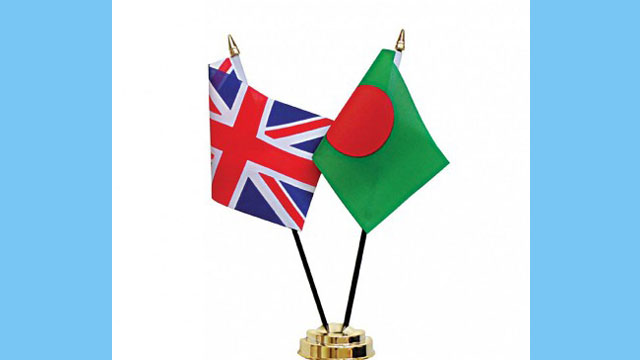Bangladesh and 46 other least developed countries will not face any tariffs after the end of the Brexit transition period, the UK government has said.
Also, low-income and lower-middle income countries will benefit from lower tariffs compared to the UK Global Tariff, said UK Department for International Trade, Foreign, Commonwealth and Development Office in a statement on Tuesday.
The trade preference scheme will cover any eligible countries that do not have their existing trade agreements transitioned into a new agreement with the UK.
"Free trade helps businesses to grow, boosts the economy and creates new jobs. We are making sure that the world's poorest countries can continue to take advantage of the opportunities that free trade offers them by allowing them to export their products to the UK at preferential rates," said UK's International Trade Secretary Liz Truss.
She said this will help developing economies to establish strong industries, creating jobs and helping them to reduce their reliance on overseas aid in the long term.
The UK imported approximately £8 billion-worth of textiles and apparel products from eligible countries last year. This accounted for 30 percent of all textile and apparel imports into the UK.
British importers will continue to pay zero or reduced tariffs on everyday goods such as clothing and vegetables from the world's poorest countries now the UK has left the EU, the statement said.
The UK's Generalised Scheme of Preferences (GSP) will cover all the same countries that are currently eligible for trade preferences under the EU's GSP, it added.
Liz Truss said the scheme will also help British businesses to continue trading seamlessly after UK leaves the EU, as well as giving British consumers continued access to some of their favourite products at affordable prices.
UK Foreign Secretary Dominic Raab said global Britain is a partner of choice for developing countries.
"As today's announcement demonstrates, we take a liberal approach to trade, recognising that many developing countries want to trade their way to greater prosperity," he said.
mj/





